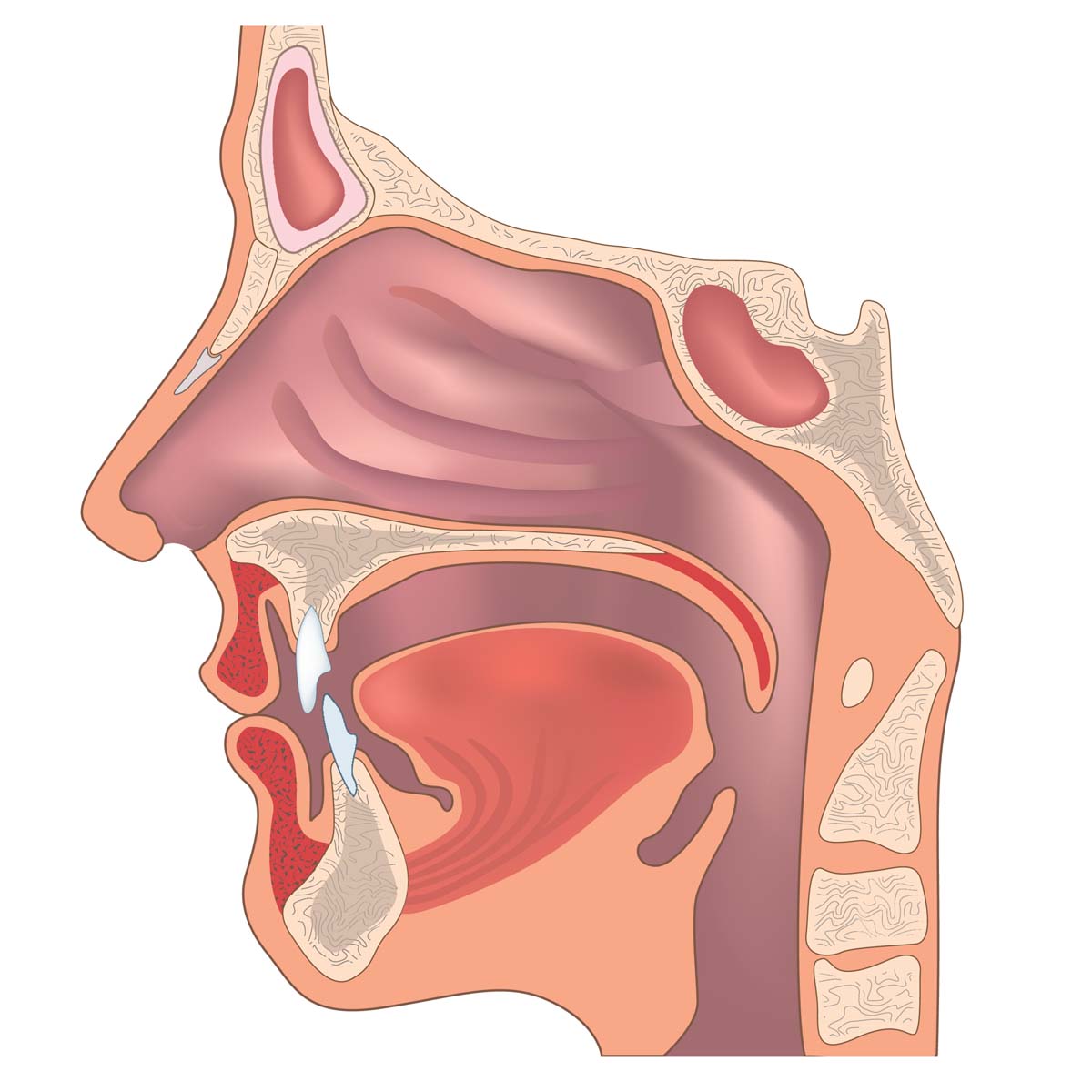Getting My Ear Nose and Throat - Baystate Health - Springfield, MA To Work

More About ENT - Reason to See An Ear, Nose and Throat Doctor - Otolaryngologist - Healthgrades
It's a great concept to consult your doctor before taking these since all of them can have negative effects that range from lightheadedness to dry mouth. Another option is to thin your mucous. Thick mucus is stickier and more most likely to bother you. Keeping it thin assists avoid clogs in the ears and sinuses. An easy method to thin it out is to consume more water. Other approaches you can attempt include: Take a medication such as guaifenesin (Mucinex). Use saline nasal sprays or watering, like a neti pot, to flush mucus, germs, irritants, and other irritating things out of the sinuses.


For centuries, individuals have actually dealt with postnasal drip with all kinds of home remedies. Probably the very best known and most liked is hot chicken soup. While it won't cure you, hot soup, or any hot liquid may offer you some short-lived relief and convenience. It works since the steam from the hot liquid opens your stuffy nose and throat. Read More Here weakens mucus. And since it's a fluid, the hot soup will assist avoid dehydration, which will make you feel much better too. A hot, steamy shower might help for the same factor. You can also try propping up your pillows during the night so that the mucous doesn't pool or collect in the back of your throat.

Wash all sheets, pillowcases, and bed mattress covers often in hot water. Use special HEPA air filters in your house. These can remove really great particles from the air. Dust and vacuum routinely. Call your doctor if the drain is bad smelling, you have a fever, you're wheezing, or your signs are serious or last for 10 days or more. You may have a bacterial infection. Let your physician understand right now if you discover blood in your postnasal drip. If medication doesn't eliminate your signs, you might need to see an ear, nose, and throat specialist (likewise called an otolaryngologist) for assessment.
UNDER MAINTENANCE